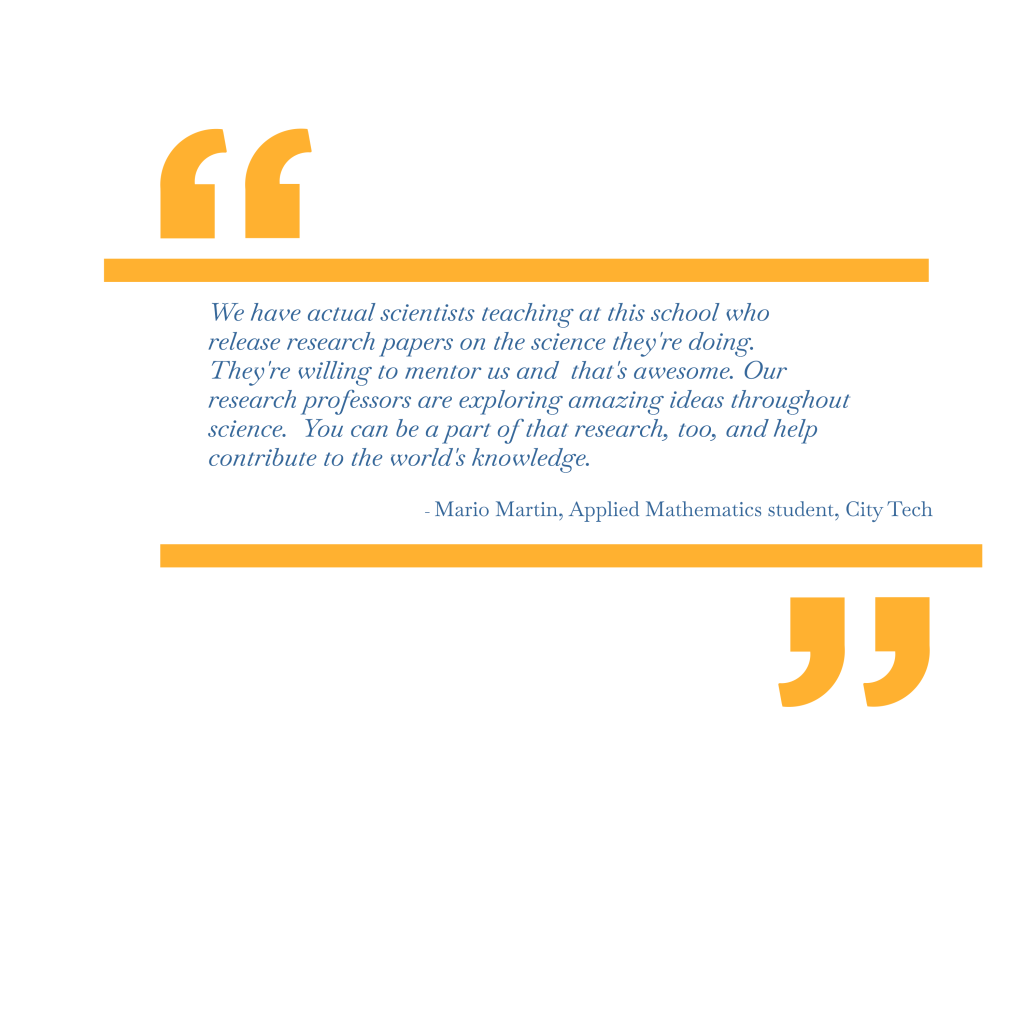Rationale
Mentoring via undergraduate research is a proven strategy for individual and institutional transformation. Not only does it provide faculty with a means of giving back by sharing knowledge, skills, experience, and wisdom with students, but it also has the added reward of shaping, molding, and nurturing the next generation of researchers and scientists. The literature (Olson & Riordan, 2012; Lopatto, 2007; Lopatto, 2010; Gasiewski et al., 2010, Newman, 2011; Espinosa, 2011; Toldson & Esters, 2012; Junge et al., 2010; Blake et al., 2013; Blake et al., 2015; Ghosh-Dastidar & Liou-Mark, 2014, Chang et al., 2014; Davis & Jones, 2020 and Boysen et al., 2020) is replete with evidence that students who are mentored via undergraduate research become better overall scholars—in their course work and also in their approach to learning. Not only do they become more academically mature, but these students also develop a more distinct, focused vision of their future academic pursuits and careers. Graduate and professional studies become attainable options, internship opportunities are sought after, graduation and retention rates are improved, leadership and communication skills are enhanced, critical thinking skills are sharpened, academic potentials are realized, ownership of knowledge is coveted, expectations are elevated, and academic passions are born. Undergraduate research, therefore, provides the milieu in which individual transformation via mentoring occurs and thrives. The added value of all the above is that the transformation goes beyond the individual undergraduate research mentee. Its benefits extend to the entire institution and become the fertile soil in which a culture of authentic research experiences thrive.
The success of undergraduate research programs is predicated on their ability to develop, thrive, and progress in sustainable ways. They need the proper environment in which to flourish. The following are basic requirements of any research program:
- Students need to be equipped with the academic background, tools, and skills necessary to conduct research;
- Faculty must be involved in research;
- Faculty must be willing to engage students in research;
- Faculty must be trained to mentor undergraduate research students;
- Research opportunities must be available;
- There must be an institutional climate that encourages and rewards faculty involvement and engagement with undergraduate students and their research projects; and
- Funding must be available.
Undergraduate research is a win-win endeavor not only for students, but for faculty mentors as well. For faculty, among other benefits, undergraduate research: 1) allows for fulfillment and satisfaction of giving back via mentoring; 2) transforms the pedagogical experience by elevating student engagement; 3) permits deeper, more probing classroom/student learning experiences; 4) provides a ready cohort of students to become involved in—and to assist the faculty with—research projects; and 5) prompts new avenues of investigation borne out of curiosity from a student’s perspective.
To be successful, undergraduate research mentoring must be intentional and recognized as an integral part of the institution’s work. In the most successful programs, faculty must learn how to mentor undergraduate students. The material presented herein may be used to guide the mentoring process for faculty who seek to become engaged in preparing, guiding, and learning from undergraduate researchers. More specifically, the purpose of the Handbook is to:
- Describe the concepts and benefits of mentoring;
- Describe the phases of the mentoring relationship;
- Define the roles of the faculty mentor and undergraduate student mentee;
- Provide strategies for becoming an effective mentor;
- Provide strategies for cultivating a successful mentee;
- Provide tools to help the faculty mentor manage the mentor-mentee relationship; and
- Provide mentoring resources and references.

